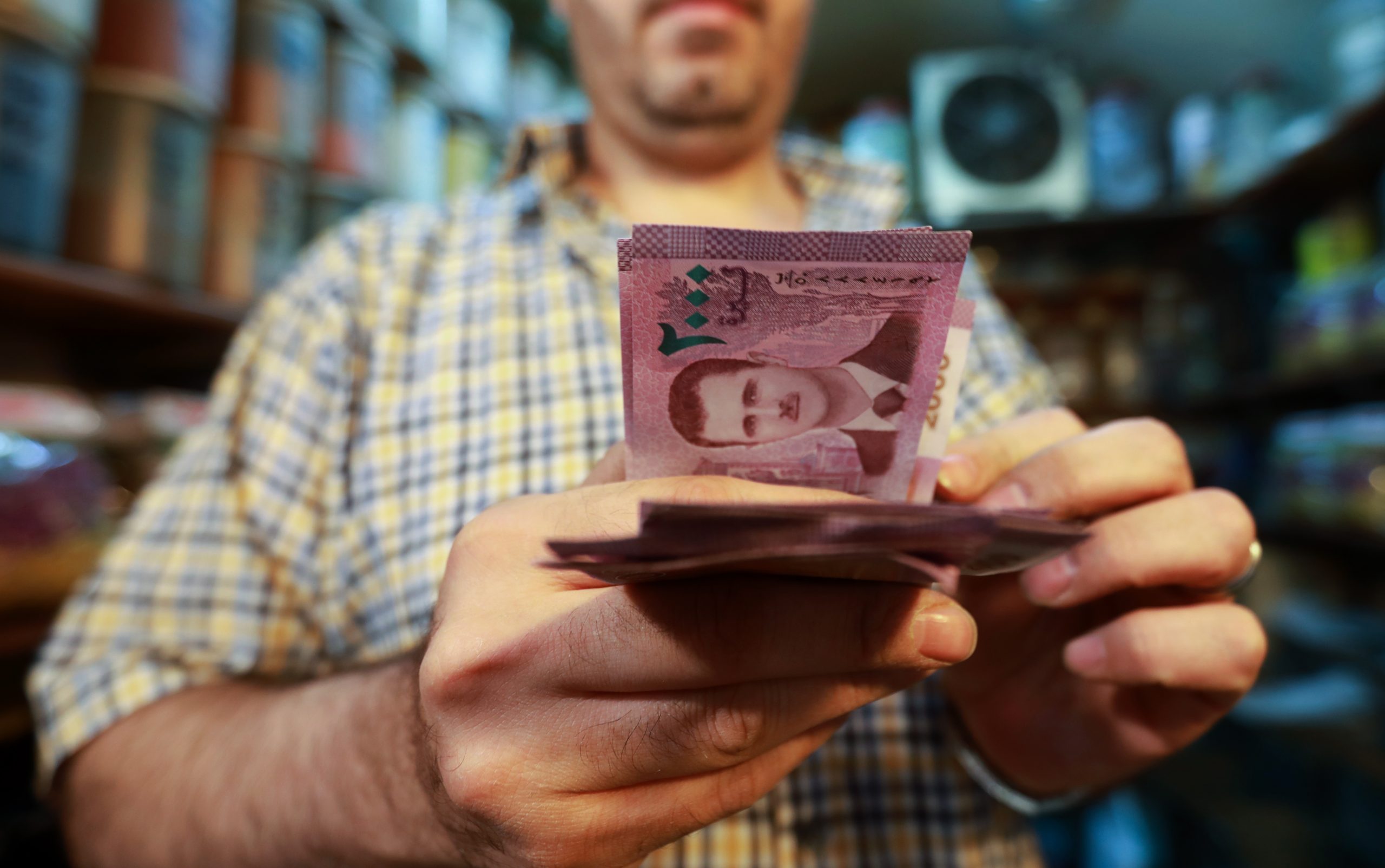The Central Bank of Syria published a statement on its Telegram account confirming that its management is on continuous follow-up and monitoring of the Syrian pound’s trading operations in the foreign exchange market. It said it will intervene by taking the necessary measures to end speculators and exchange-rate manipulators.
In a statement to Al-Watan, the economist Abed Fadliyah considered that the exchange rate of the dollar in the market is still within acceptable limits, despite maintaining during the past period a state of semi-stability for long months. During these months, the exchange rate ranged between 3500-4000 Syrian pounds. It is expected that the exchange rate will decline to the limit of 4000 pounds, and the recent rise in the exchange rate is likely caused by accidents due to the high demand for foreign exchange, which is bound to return to what it was.
Read Also: Sugar Disappears from the Markets
He explained that the large volume of liquidity available outside banking channels, which some estimates indicate exceeds 20,000 billion, makes these funds vulnerable to speculation in every case of turbulence and imbalance.
He added that all the options and procedures worked on during the past period to absorb liquidity by banks and offer securities and shares are not enough.
He stressed that the basis for this is the creation of an economic climate that contributes to using these funds in economic activities, unlike what is currently happening. Most of the money (liquidity) goes either to the real estate market, which created an unjustified demand for real estate and contributed to raising prices by at least 25 % or goes to the option of saving in gold.
He pointed out that in both cases, this type of saving is not useful. The issue cannot be solved by administrative procedures, some of which caused the capital flight from financial and banking institutions, such as setting daily withdrawal ceilings and the ceiling of funds allowed to be transferred between governorates.
This article was translated and edited by The Syrian Observer. The Syrian Observer has not verified the content of this story. Responsibility for the information and views set out in this article lies entirely with the author.


